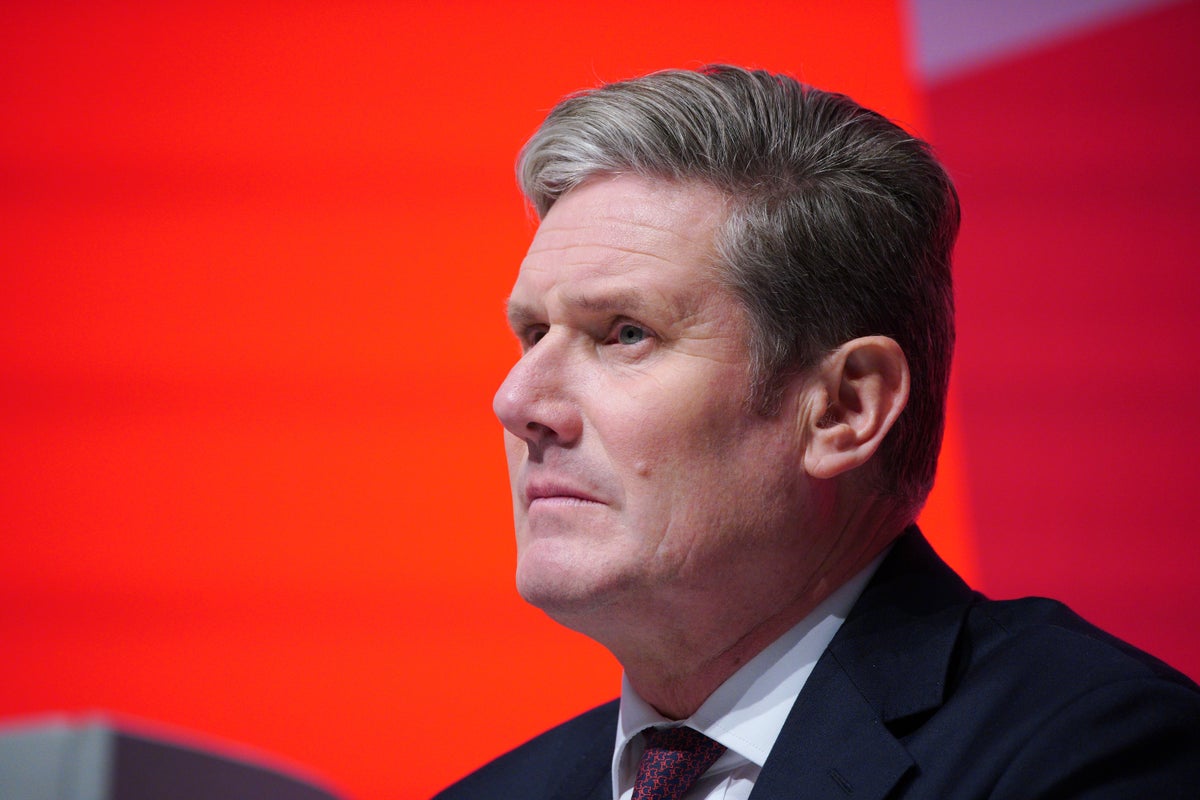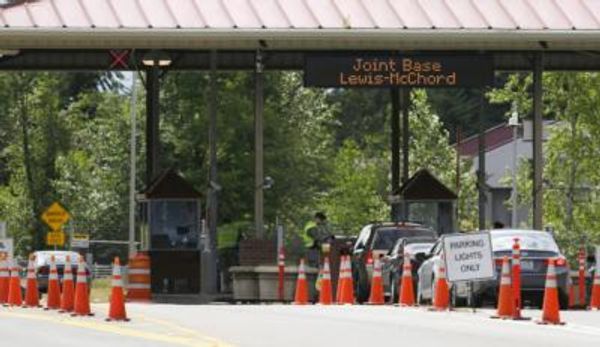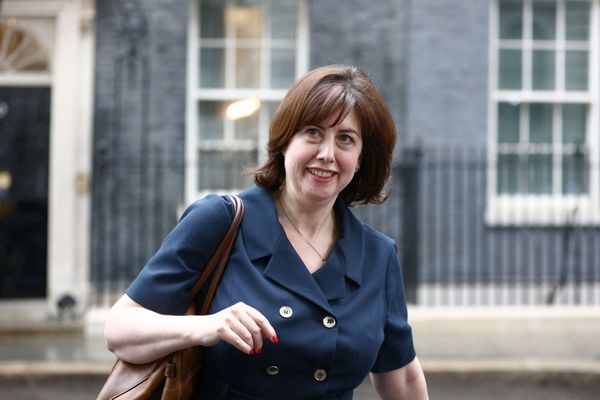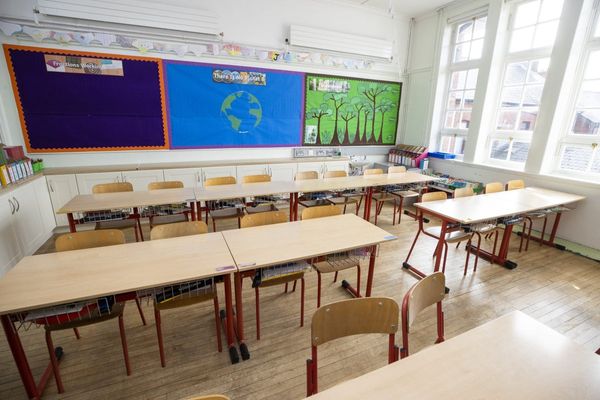
Sir Keir Starmer has called on Liz Truss and chancellor Kwasi Kwarteng to reverse their “kamikaze” mini-Budget as he warned families face “eye-watering” mortgage increases.
An average UK buyer coming off a two-year fixed mortgage could experience a £498 monthly hike if interest rates hit 6 per cent, according to Labour analysis.
The opposition made estimates based on the assumption that a homeowner has a 20-year mortgage term and they pay between 5 and 6 per cent interest rate once their two-year fix ends in the third quarter of 2022.
Those in London would be the worst hit, with Labour’s estimates putting the monthly increase at between £689 and £915, while the party suggests homeowners in the north east would experience a predicted increase of between £247 to £327.
“Directly because of the government’s mini-Budget, mortgage payments are going to go up,” Sir Keir told BBC Radio Lincolnshire. “Because of the kamikaze action two weeks ago, [people] are now going to have to pay hundreds of pounds more.”
Sir Keir added: “That cannot be right or fair. That’s why we say, God, you’ve just got to reverse the mini-Budget” – accusing Ms Truss of being the “destroyer of growth” in the economy.
It comes as Mr Kwarteng is set to high street banking bosses on Thursday to discuss the impact of economic turmoil on the mortgage market. Executives from Lloyds Banking Group, Barclays and NatWest Group were expected to attend, according to Sky News.
The Bank of England is expected to step in with another interest rate rise in the weeks to come, following the radical mini-budget, in a bid to tackle inflation and calm market turmoil.
But such a move would only add further pressure to homeowners coming to the end of fixed-rate deals and first-time buyers. On Wednesday, the average two-year fixed-rate mortgage on the market hit 6 per cent for the first time since 2008.
Ms Truss and Mr Kwarteng have come under fire in recent days for the market turmoil which erupted after a £45bn package of unfunded tax cuts alongside the commitment to cap energy bills for the next two years.
The chancellor later dropped plans to abolish the 45p tax rate on earnings over £150,000, although remains committed to the rest of his mini-Budget.
“These eye-watering mortgage increases will cause homeowners across the country sleepless nights – and the Tory government is entirely to blame,” said Sir Keir – accused Ms Truss and Mr Kwarteng of “crashing” the economy.
Asked about Ms Truss’s attack on an “anti-growth” coalition of Labour, the unions and left-leaning elites, Sir Keir Starmer told BBC Radio Sheffield: “Oh for heaven’s sake – the enemies of growth!”
“She’s just passed a kamikaze budget that has lost control of the economy, that is putting hundreds of pounds on mortgages bills. That is the absolute opposite of a plan for growth,” said Sir Keir. “She’s not just anti-growth – she’s the destroyer of growth.”
Across all deposit sizes, a typical two-year fix stood at 6.07 per cent on Wednesday, creeping up from 5.97% on Tuesday, Moneyfacts.co.uk said.
In December last year, the average two-year fix was 2.34 per cent. Based on someone having a £200,000 mortgage paid back over 25 years, their average monthly payments at that rate could have been £881.20, Moneyfacts calculated.
But based on current average rates, they could face paying £1,297.17 per month - a difference of nearly £416 or nearly £5,000 per year.
A government spokesman said: “There are a range of factors affecting mortgage and interest rates, which have been rising internationally in response to global trends including Putin’s illegal invasion of Ukraine.
“The government is doing what it can to support people with rising costs - our energy price guarantee will save the typical household around £1,000 a year and we are providing payments of £1,200 to the eight million most vulnerable families,” the spokesperson said.
“This support is in addition to the chancellor’s growth plan, which brought forward the cut to the basic rate of income tax and reversed the national insurance rise, putting hundreds of pounds on average back in the pockets of working people.”







